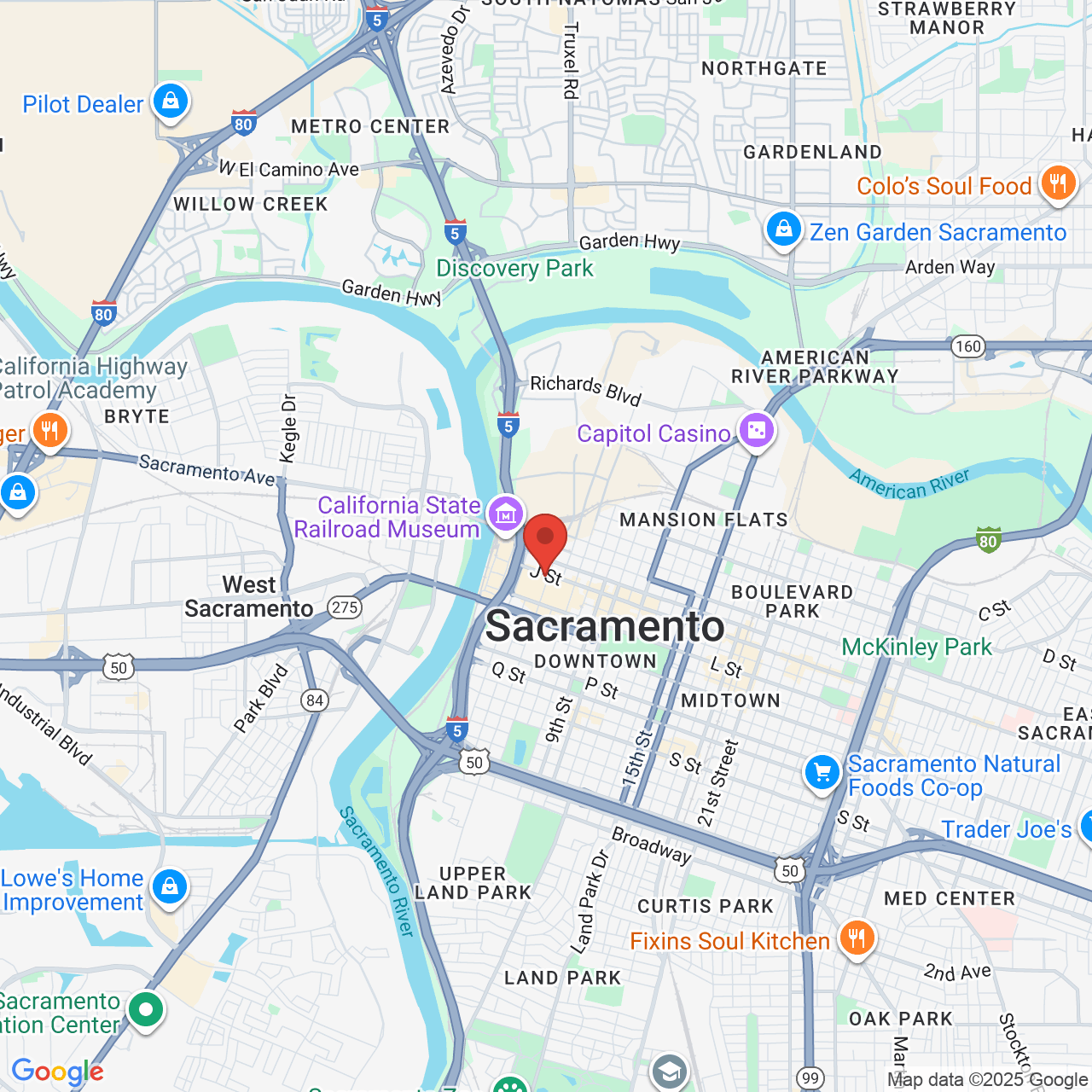Wrongful Termination and Retaliation
 Like most states, California is recognized as an at-will employment state. This means that an employer can let an employee go without any cause or specific reason. This leaves many people who have been terminated to believe that they have no rights or legal protections, even if they are victims of wrongful termination. However, even at-will employment states have laws in place to prevent wrongful termination, or firing for illegal reasons.
Like most states, California is recognized as an at-will employment state. This means that an employer can let an employee go without any cause or specific reason. This leaves many people who have been terminated to believe that they have no rights or legal protections, even if they are victims of wrongful termination. However, even at-will employment states have laws in place to prevent wrongful termination, or firing for illegal reasons.
Federal and state employment laws, including California’s Fair Employment and Housing Act, prevent employees from being fired on the grounds of discrimination or retaliation. Victims of wrongful termination due to retaliation can work with Gregory Thyberg and our Sacramento, CA legal team to seek the damages they are due after being unlawfully fired.
Acts Protected from Retaliation
Retaliation laws are in place to prevent an employee from being retaliated against, or let go, for participating in legally protected activities.
Activities protected by retaliation laws fall into two categories: reporting unlawful behavior and participating in an investigation.
- Reporting unlawful behavior: Commonly known as whistleblowing, an employee cannot be legally fired for reporting unlawful behavior, or what could potentially be viewed as unlawful behavior. This includes reporting unsafe work conditions, discrimination, or sexual harassment.
- Participating in an investigation: When unlawful behavior is reported, an investigation will likely take place. Investigators may subpoena employees to provide testimony regarding reported violations. Whether an employee initially reported unlawful behavior, or is simply called in as a witness, they are protected from retaliation.
Proving Wrongful Termination
When filing a case of wrongful termination and retaliation, the burden of proof falls on the plaintiff. The plaintiff (or their legal team) must be able to prove three key facts:
- The plaintiff participated in a legally protected activity (i.e. reporting unlawful behavior or participating in an investigation against the employer).
- The employee was terminated from his or her position.
- Termination was the specific result of participation in a legally protected activity (in other words, the termination was an act of retaliation).
Evidence in a wrongful termination lawsuit may be direct or circumstantial.
Direct evidence includes any verbal or written communication that indicated the employee was being fired for legally protected activities.
Circumstantial evidence includes any type of evidence that would reasonably lead someone to assume that the termination was the direct result of the employee’s participation in legally protected activities. For example, if a thriving employee with a history of positive work reviews or a recent promotion is suddenly fired after serving as a witness in an investigation against their employer, this may be evidence of wrongful termination.
Learn More
Wrongfully terminated employees may be due financial compensation for lost wages and punitive damages. If you believe you are a victim of wrongful termination and you’d like to learn more about your legal rights, contact us at your earliest convenience or call (916) 204-9173 to schedule a case evaluation with attorney Gregory Thyberg.


